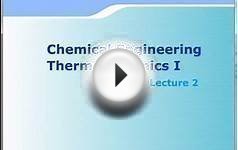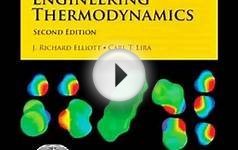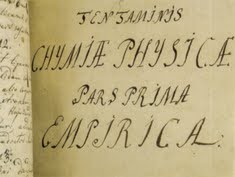I have read several thermodynamics' books and this one is by far the most easy to comprehend. The authors make it a point to emphasize even what you should intuitively know long after you have forgotten how to perform certain calculations, which is a remarkable touch to the book. Good enough to even sit down to read and enjoy on a Sunday evening. No kidding.
It is very nice book for chemical engineers as well as for other ... Sept. 29 2015
By garlapati chandrasekhar -
It is very nice book for chemical engineers as well as for other stream of engineering and science students.The Authors have maintained the required information to the readers.I started using the same from 2009 (to teach). Second edition is quite good.i enjoy in reading the contents from the same.
Prof.Dr.G.Chandra Sekhar
Head of the Department Chemical Engineering
Pondicherry Engineering College
India
Caution American Students Jan. 23 2015
By Jacob Elias -
This book is much cheaper than the hardcover not only because of the material, but because it is the international edition. The text is the same but all of the problems are different than the American edition. If you are buying this for a class, make sure to buy the American edition or find a friend who did.











 Physical chemistry is the study of macroscopic, atomic, subatomic, and particulate phenomena in chemical systems in terms of laws and concepts of physics. It applies the principles, practices and concepts of physics such as motion, energy, force, time...
Physical chemistry is the study of macroscopic, atomic, subatomic, and particulate phenomena in chemical systems in terms of laws and concepts of physics. It applies the principles, practices and concepts of physics such as motion, energy, force, time...